This article will introduce 15 common warning lights on your car’s dashboard.
Tire Pressure Warning Light
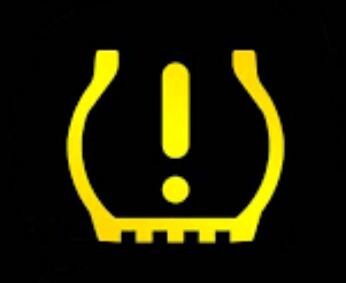
Also know as the TPMS symbol, this image signals that the pressure in one or more of your tires is too low or too high and needs to be addressed. Driving on low or high pressure tires is unsafe and can cause additional damage to your vehicle. Usually, tire pressure should be between 30 and 35 psi(pounds per square inch).
More cases about TPMS, please refer to TPMS Waring Light.
Oil Pressure Light
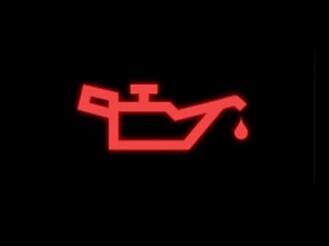
This old fashioned oil can image indicates that there is an issue with your car’s oil pressure system. Either you’re running low on oil or your oil pump isn’t circulating enough fluid to properly lubricate the surfaces inside your vehicle. This should be addressed as soon as possible, as your engine can wear quickly without proper lubrication.
Related contents:
2024.07 Scania SDP3 V2.61.2 V2.40 Diagnostic Software Free Download
2022 2018 Scania Multi EPC Parts Catalogue Free Download
Traction Control Light
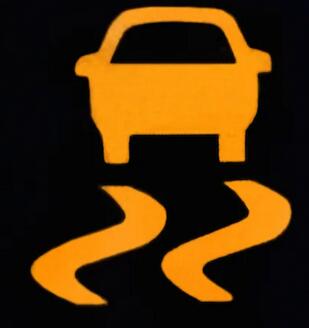
This indicates that your vehicle’s traction control system is activated. The traction control system utilizes your anti-lock brake system to determine if one wheel is spinning faster than another. This is most helpful if you’re driving in rain or snow.
Engine Temperature Warning
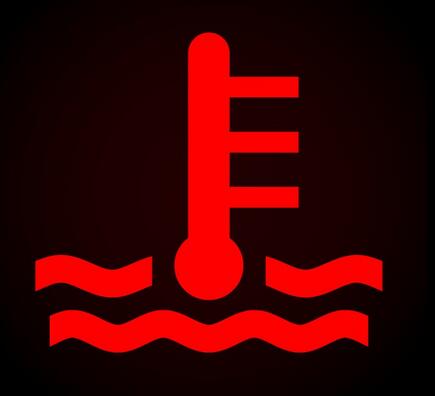
If you see this symbol pop up, it means that your engine is overheated. This most likely has to do with your coolant (also called antifreeze), but it can happen for a variety of reasons. It’s important to address this immediately to avoid further damage.
Anti-Lock Brake Warning Light
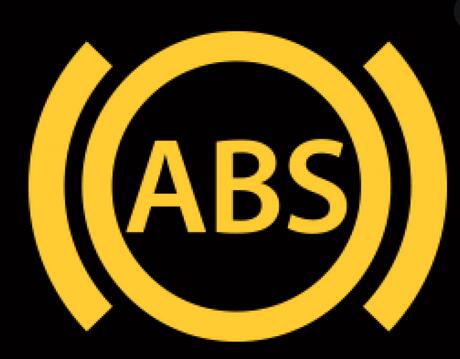
If this “ABS” warning lights up while you’re driving, it means that something is wrong with the system. As you know, your anti-lock brakes work to keep your car in contact with the road safely, so it’s important to diagnose the issue as soon as possible. Keep in mind, every time you turn on your vehicle, the system does a self-check, and may light up for just a few seconds. If it goes away immediately, your system is in working order.
Traction Control Malfunction
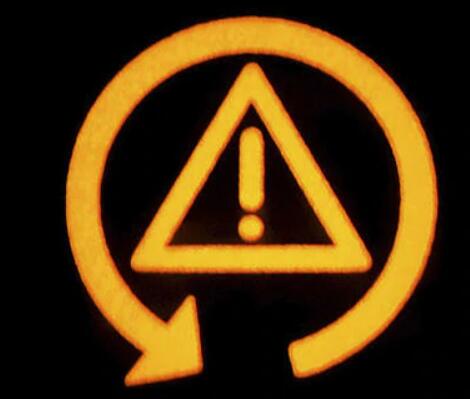
This light indicates that your vehicle’s traction control system might have a broken or damaged sensor or some other malfunction. In some cars, the same control module operates the anti-lock brakes and the traction control system, so the light sometimes comes on when there are problems with your ABS.
Engine Warning (Check Engine Light)
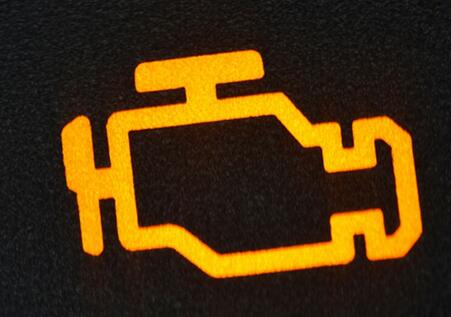
Your check engine light may appear for a variety of reasons. Sometimes, it can indicate a serious issue and require you to pull over immediately. This could indicate low oil pressure or overheating. Other times, this light will appear if your gas cap is open, loose, or cracked, causing fuel to evaporate. If this light appears, it’s wise to pull over and check your gas cap and other systems in your vehicle. If it’s flashing, you should definitely stop driving! In most vehicles, a flashing check engine light signals that you have a serious problem that could cause serious damage if ignored.
Related content:
How to Solve Check Engine Light On?
Battery Alert
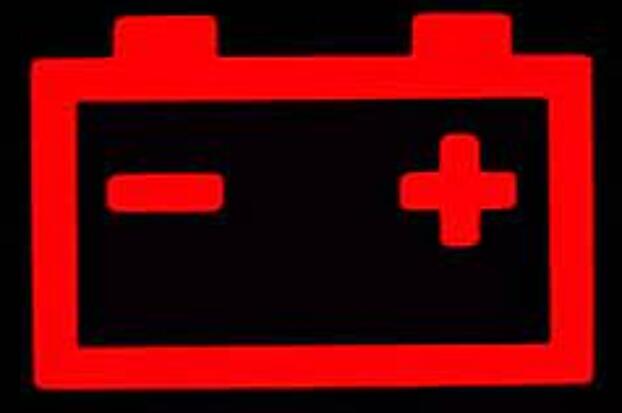
This symbol indicates that there is an issue with the vehicle’s charging system. Interestingly enough, the culprit might not be your battery. While it might indicate that you have a loose or damaged battery cable, it can also signal that your alternator belt is broken. If it is your battery, occasionally you’ll notice that your clock is fading or your headlights are dimming. If you wait too long, your vehicle can completely conk out.
Low Fuel Indicator
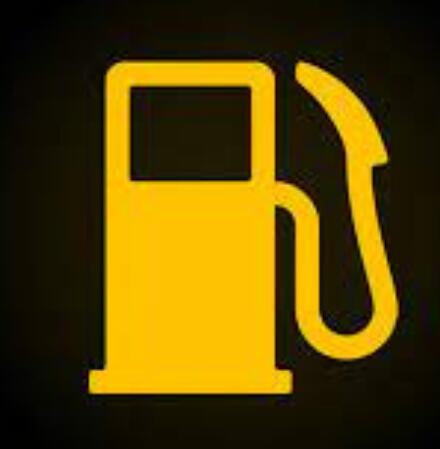
Most drivers are very familiar with this symbol. It simply means you’re running low on gas.
Automatic shift Lock or Engine Start Indicator
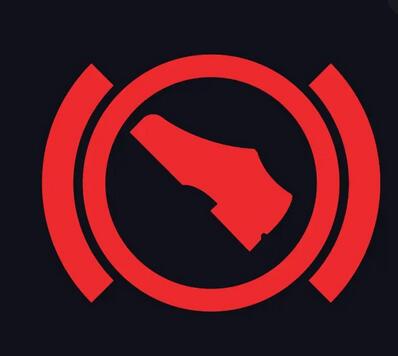
If you see this symbol, you’re most likely trying to shift gears or start your ignition without engaging the brake. The automatic shift lock will lock your vehicle in park or neutral until you engage the brake. The automatic shift lock will lock your vehicle in park or neutral until you engage the brake.
Seat Belt Reminder
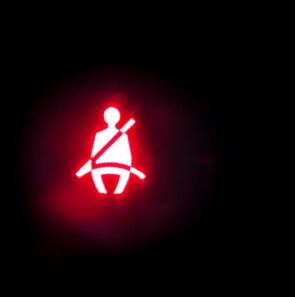
This symbol is simply reminding you or your passenger to buckle up! According to the CDC, seat belts decrease serious crash-related injuries by about 50%.
Airbag Indicator

The airbag indicator signals that something is wrong with one of your airbags or the system as a whole. Your car’s airbags keep you safe during accidents, so it’s important to address this issue immediately.
Security Light
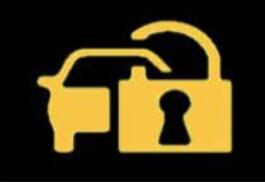
If your vehicle has an anti-theft system, this image means that something could be malfunctioning. This symbol also briefly lights up when you turn your vehicle on, which isn’t an indicator that something is wrong.
Fog Lamp Indicator
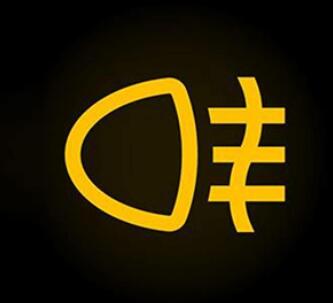
This symbol is telling you that your fog lights are on. Fog lights should only be used if your visibility is less than 100 meters. If you turn them on unnecessarily, this can be detrimental to other drivers on the road.
Washer Fluid Indicator
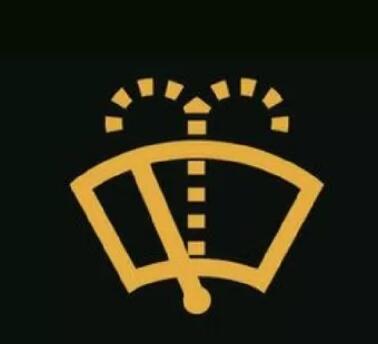
Imitating the motion of your windshield wipers, this symbol means that you’re low on washer fluid. Keep in mind that every car is different, so the symbols on your dashboard may vary slightly from the 15 we’ve mentioned. If in doubt, consult your vehicle’s owners manual!